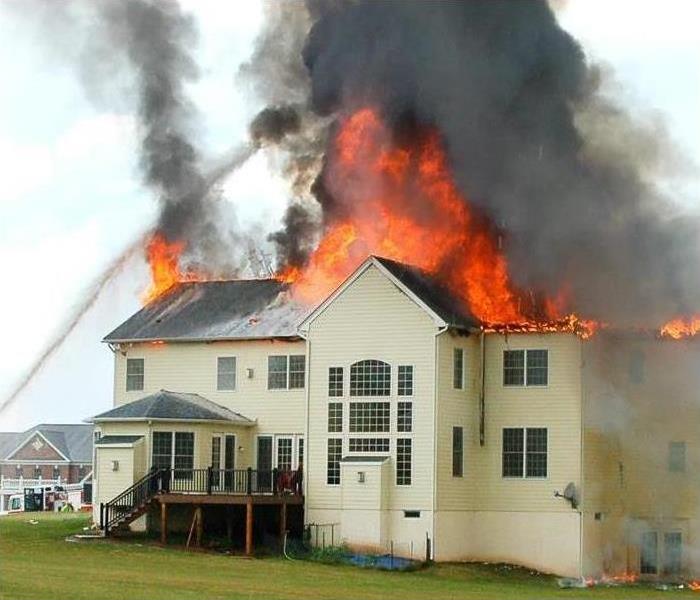Fire or Smoke Damage Tips
7/1/2022 (Permalink)
 Do not hesitate to contact SERVPRO® of Panthersville at (678) 515-8602 if you encounter fire or smoke damages!
Do not hesitate to contact SERVPRO® of Panthersville at (678) 515-8602 if you encounter fire or smoke damages!
Severe fire damages can be the most devastating thing to happen to any property when disaster strikes. Consequently, you have most likely lost some personal belongings and areas of your home are destroyed. The following tips can assist you when notifying your insurance company about a fire loss claim:
Check Your Policy
Although you have replacement coverage for your home, you may only have "actual cash value" for the personal items that were lost. Therefore, ensure that your agent notifies you about this and suggests that you buy an endorsement so that your belongings will be covered under a replacement policy.
Secure Your Property
Most homeowners' coverage policies require you to take reasonable steps to minimize more harm on your property, which is essentially your duty to mitigate damages. These steps are relatively easy to do, such as either covering leaking areas with plastic wrap or turning off the water if you discover a huge pipe burst. Your insurance company will more often pay these costs when you make your claim.
File Your Claim Immediately
All homeowners’ policies require you to report your losses promptly. You are required to call your agent and submit a Proof of Loss claim in which you should itemize your losses in detail and list the values of each item.
Always Keep Track of Your Living Expenses
All homeowners’ policies include a Loss of Use clause, which entitles you to adequate reimbursement for living expenses while you are out of your home. Subsequently, these expenses only include additional living expenses, which means the difference between what it costs you to live daily and what it is costing you thereafter. For instance, if you ate most of your meals at home and your groceries cost you $400 a week, and after a fire you are eating out and spending $500 a week, then you can only claim that additional $100.







 24/7 Emergency Service
24/7 Emergency Service